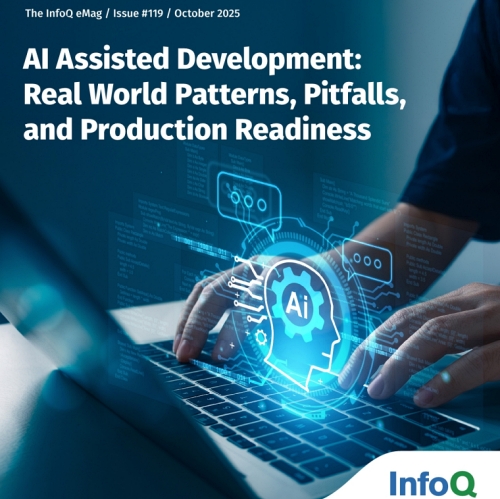BRIQA: Balanced Reweighting in Image Quality Assessment of Pediatric Brain MRI
PositiveArtificial Intelligence
A new method called BRIQA has been developed to improve the assessment of artifacts in pediatric brain MRI scans. This is particularly important because accurate diagnostics can be challenging in low-field MRI systems where image quality can suffer. BRIQA aims to automate the quality assessment process, making it faster and less subjective, which could significantly enhance diagnostic accuracy and patient care in pediatric neurology.
— Curated by the World Pulse Now AI Editorial System




